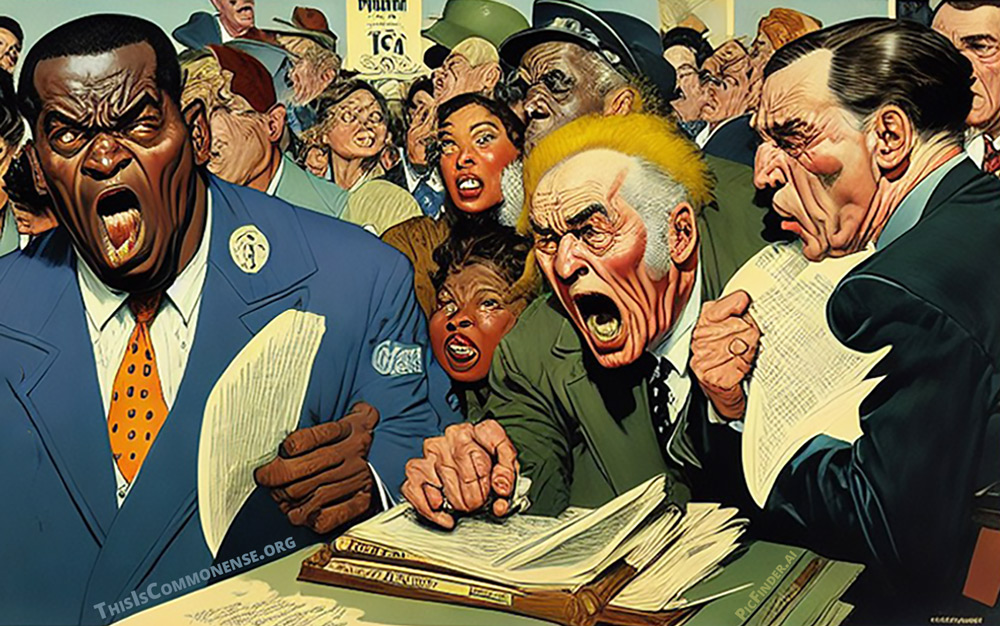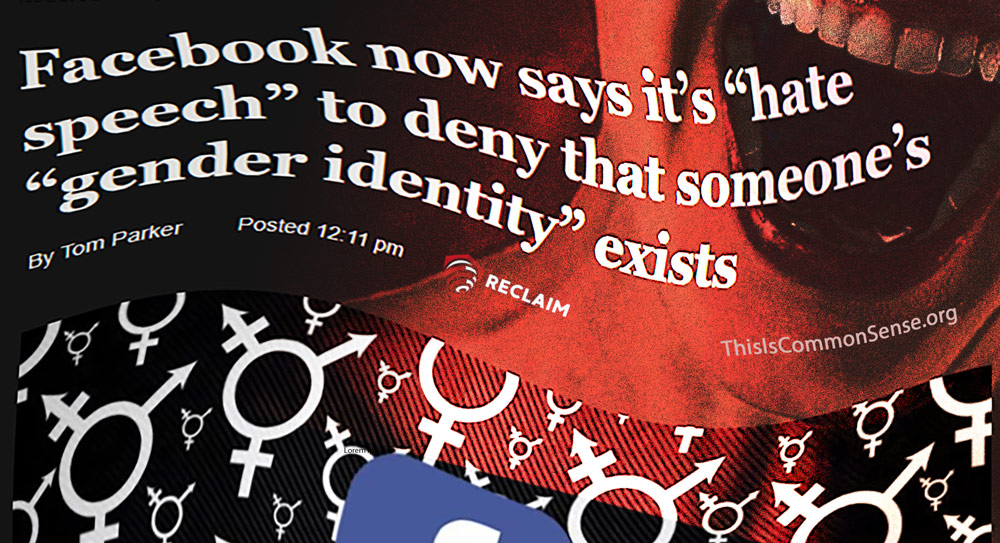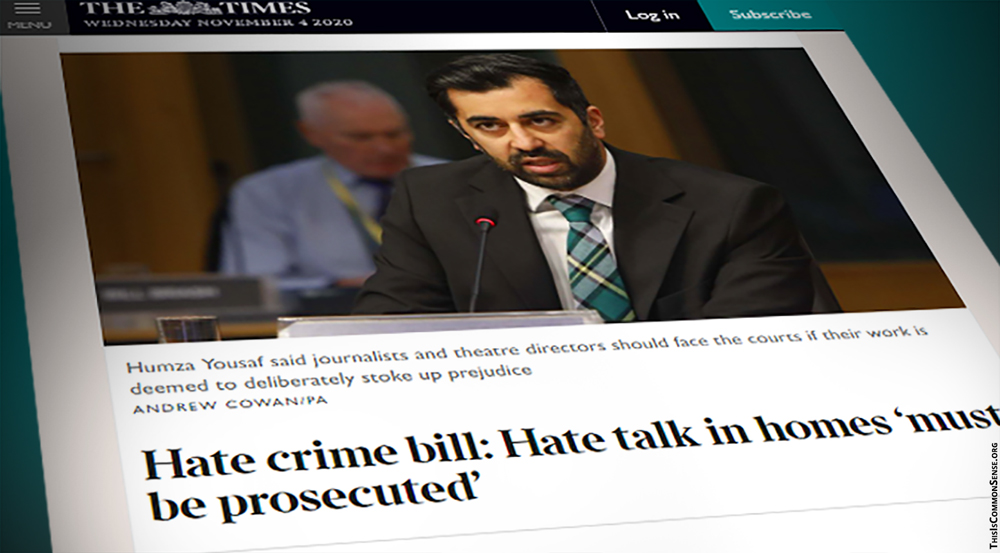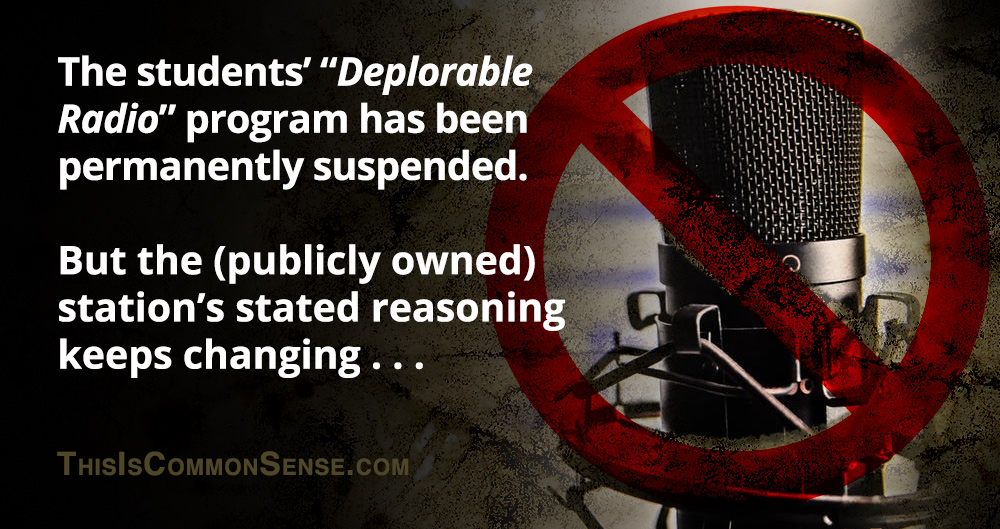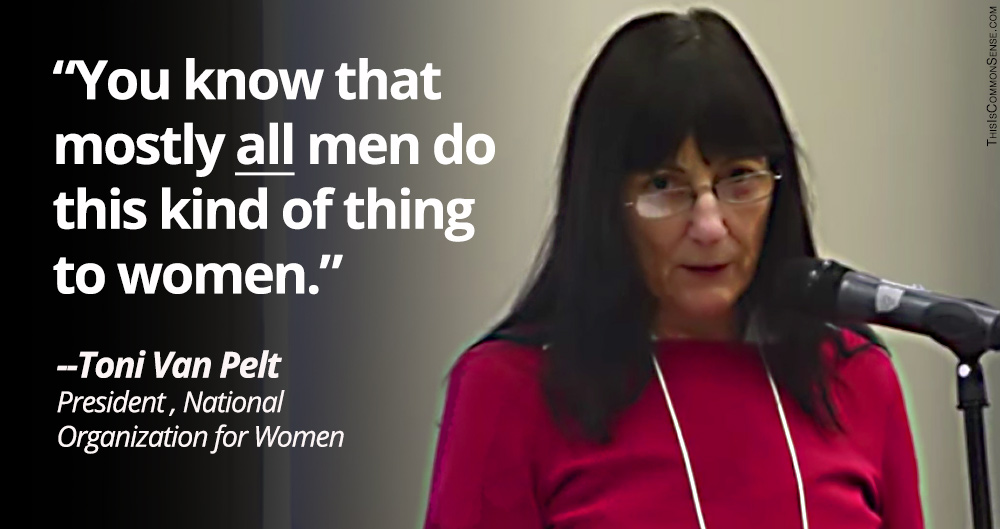The fall of Harvard President Claudine Gay is not exactly the triumph we were looking for.
Her resignation letter focused on the recent congressional hearings in which she found herself in the uncomfortable position of selectively defending free speech against a Republican politician slinging charges of “genocide” and “racism.”
It was all very … the opposite …
And that is the most important context. Her letter’s evasion of discreditable cases of academic plagiarism — at Harvard, no less! — while not honorable, was at least politically apt. One administrator’s fraudulent academic history is no match for the issue of freedom of speech.
Which, as a legal matter, is as Ms. Gay said it was, a matter of context. You have the right to advocate genocide or say racist things on your property or on hired property. You do not have the right to shout such things just anywhere.
But college campuses aren’t just anywhere. They are allegedly places for intellectual debate. The practice of academic freedom means that the property and customs of universities and institutions of higher learning allow differing opinions to be aired.
In classrooms; in papers; in auditoriums.
Still, these student academic free-speech norms don’t extend anywhere and everywhere, in all campus contexts. No student may hide behind “free speech” or “academic freedom” to corner and scream hatred of Israel at every Jew on the quad. That’s where Ms. Gay’s answers in congressional hearings were so unsatisfactory. Especially since Harvard and other major higher education institutions have been disallowing some speech from academic contexts and celebrating other quite threatening speech in the university’s public places.
Gay’s resignation reminds us of Al Capone’s imprisonment for tax evasion: a work-around at best. The underlying issues remain unresolved.
This is Common Sense. I’m Paul Jacob.
Illustration created with PicFinder and Firefly
See all recent commentary
(simplified and organized)
See recent popular posts


